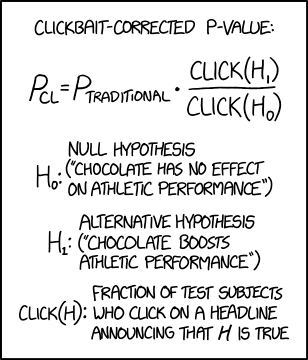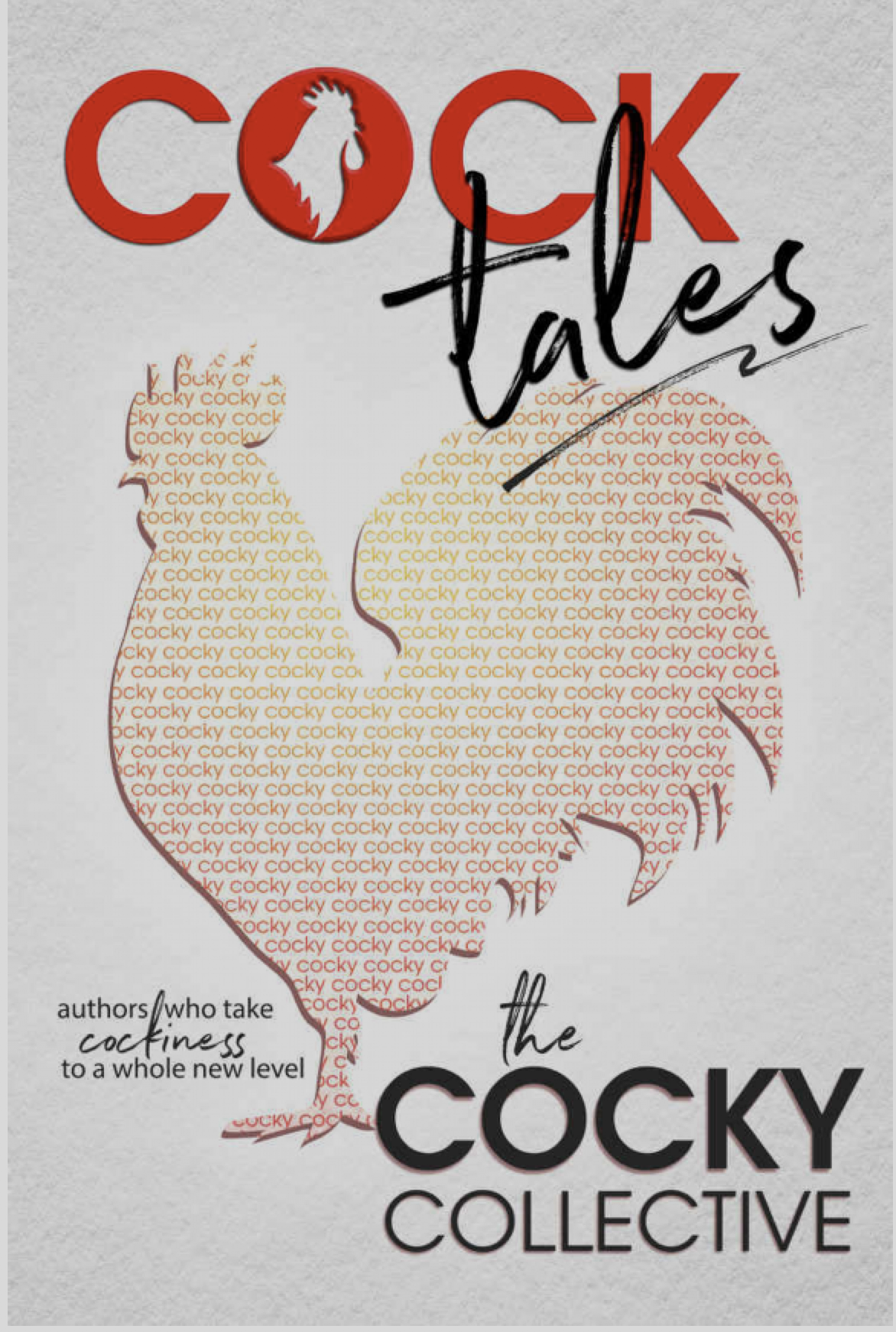Language Log fan club in China
We have an ardent group of fans in Shenzhen, a large metropolitan area in the Pearl River Delta, just north of Hong Kong.
Read the rest of this entry »
We have an ardent group of fans in Shenzhen, a large metropolitan area in the Pearl River Delta, just north of Hong Kong.
Read the rest of this entry »
An introduction and guide to my series of posts "Corpora and the Second Amendment" is available here. The corpus data that is discussed can be downloaded here. That link will take you to a shared folder in Dropbox. Important: Use the "Download" button at the top right of the screen.
New URL for COFEA and COEME: https://lawcorpus.byu.edu.
Two quick updates.
First, David Weisberg has replied to my response to his post on the Originalism Blog, but he doesn't address the point that I made, which was that I disagreed with his framing of the issue.
Weisberg also notes that I didn't respond to the second point in his original post (which dealt with a purely legal issue), and he goes on to say this:
Many people (and I think Goldfarb is one) believe the correct sense of the 2nd Amend is this: “The right of the people to keep and bear Arms, for use in a State’s well regulated Militia, shall not be infringed.” But, if that is what the framers meant, why isn’t that what they wrote? I think that is a very fair question to ask, and it merits an answer. After all, 5 words would have been saved. Will corpus linguistics provide an answer?
I'm not going to offer any views in this series of posts about how I think the Second Amendment as a whole should be interpreted; I'm focusing only on Heller's interpretation of the phrase keep and bear arms. So I'm not going to say whether Weisberg is correct in his speculation about what I think on that score. Weisberg then asks why, if the framers had intended to convey the meaning he posits, they didn't write the amendment in those terms. Although Weisberg thinks that is "a very fair question to ask," I don't think it's a question that's relevant to the issue as the Court framed it in Heller, which had to do with how the Second Amendment's text was likely to have been understood by members of the public, not with what the framers intended. Nevertheless, I'll say that the question to which Weisberg wants an answer is not one that can be answered by corpus linguistics.
Read the rest of this entry »
Permalink Comments off
Following on the victory of Karthik Nemmani in the Scripps National Spelling Bee — the 11th straight Indian-American to win the competition — the New York Times has an interview with Sam Rega, whose new documentary Breaking the Bee explores how kids of South Asian ancestry have come to dominate the Bee in recent years. I wrote about Breaking the Bee for The Atlantic last month — as I said there, it's a compelling film, and I hope it gets a distribution deal soon. (Currently it's on the film-festival circuit.) In the Times interview, Sam makes a point about the spellers' multilingual backgrounds that I didn't have room to discuss in my Atlantic piece.
Is there something about South Asian values or families that explains success in spelling?
To me, the key is how much these families believe in the idea of family. And how much spelling is a family sport. They believe in working together as a family unit. They want to create a bond between parent and child. Spellers look to their parents as role models and coaches. Their siblings often play assistant coach. Parents like to instill values like dedication, hard work, and how to handle yourself in defeat or success.
These families also tend to be multilingual, sometimes with moms and dads who speak different languages. Exposure to multiple languages can also play a role in spellers’ facility with spelling. Spelling is a worldly sport, it connects you to languages and places far away from you.
Read the rest of this entry »
Among many other applications, this hypothesis (from the most recent xkcd) may finally offer a quantitative explanation for the generally poor quality of language-related articles in Science and Nature:

Mouseover title: "When comparing hypotheses with Bayesian methods, the similar 'clickbayes factor' can account for some harder-to-quantify priors."
Read the rest of this entry »
Here's an amusing Japanglish song by a Malaysian Chinese hip hop recording artist who is called Namewee:
Read the rest of this entry »
 This is one of the important stories that I haven't had time to blog about over the past couple of months. Let's start with some of the more tasteful jokes, nicely presented using the rhetorical device of praeteritio — Constance Grady, "How an author trademarking the word “cocky” turned the romance novel industry inside out", Vox 5/15/2018:
This is one of the important stories that I haven't had time to blog about over the past couple of months. Let's start with some of the more tasteful jokes, nicely presented using the rhetorical device of praeteritio — Constance Grady, "How an author trademarking the word “cocky” turned the romance novel industry inside out", Vox 5/15/2018:
Gentle reader: Before we delve into the long tale that lies ahead — a tale of hubris, furious romance novelists, and intellectual property law — I ask you to take a moment to contemplate all of the “cocky” puns to which I, your humble reporter, have heroically chosen not to subject you.
I will not snidely remark that someone’s feeling cocky. I will not call this a cocky-and-bull story. I will not lament that the whole thing was started by someone going off half-cockyed.
This is a sacrifice, and I have made it. Thank you for bearing with me. Now let’s get into it: This is the story of #CockyGate.
Read the rest of this entry »
Recently in PHD Comics:
My schedule is merely crowded over the next week or so, rather than insane, so I hope to be able to post a little more often.
This amazing song from Taiwan seems to have been inspired by some Japanese cultural practices, which we will explore later in this post.
Read the rest of this entry »
An introduction and guide to my series of posts "Corpora and the Second Amendment" is available here. The corpus data that is discussed can be downloaded here. That link will take you to a shared folder in Dropbox. Important: Use the "Download" button at the top right of the screen.
New URL for COFEA and COEME: https://lawcorpus.byu.edu.
The Originalism Blog has a guest post, by David Weisberg, taking issue with the conclusion in Dennis Baron's Washington Post op-ed that newly available evidence of historical usage shows that in District of Columbia v. Heller, Justice Scalia misinterpreted the phrase keep and bear arms. That's an issue that I wrote about yesterday ("The coming corpus-based reexamination of the Second Amendment") and that I'm going to be dealing with in a series of posts over the next several weeks.
One of Weisberg's arguments concerns a linguistic issue that I'm planning to address, and I think that Weisberg is mistaken. At the risk of getting out ahead of myself, I want to respond to Weisberg briefly now, with a more detailed explanation to come.
Read the rest of this entry »
Article by Orange Wang in the South China Morning Post (5/29/18):
"In China’s gaming world, lucky ‘Europeans’ and unlucky ‘Africans’ expose racial stereotypes: While players say popular descriptors are not intended to cause offence, critics see them as ‘verbal microaggression’ and inappropriate"
Complete with photographs of players in blackface and a "popular video [that] shows several gamers in leopard print costumes with dark make-up and tattooed faces doing a tribal dance and singing about being 'African tribal chiefs'".
“African tribal chief” is used to describe the unluckiest players, while “European emperor” refers to the most fortunate.
Read the rest of this entry »
Tiger Webb writes to point out what he calls "a particularly toxic variant of the 'no word for X' meme" — from Paul Toohey, "The fight to protect indigenous children from abuse and neglect", News Corporation Australia 5/28/2018:
NO WORD FOR RAPE
Youth workers who spend time with roaming kids say they would never ask them if they’ve been abused and, even after trust is built, never hear children volunteering stories.
Like many cultures, parents don’t discuss it; abusers are likely family; talking to authority figures is difficult; there may be different understandings of right and wrong; and kids may have poor English.
In the Warlpiri language, there is not even a word for “rape” — they use “kanyi”, which means take.
Read the rest of this entry »